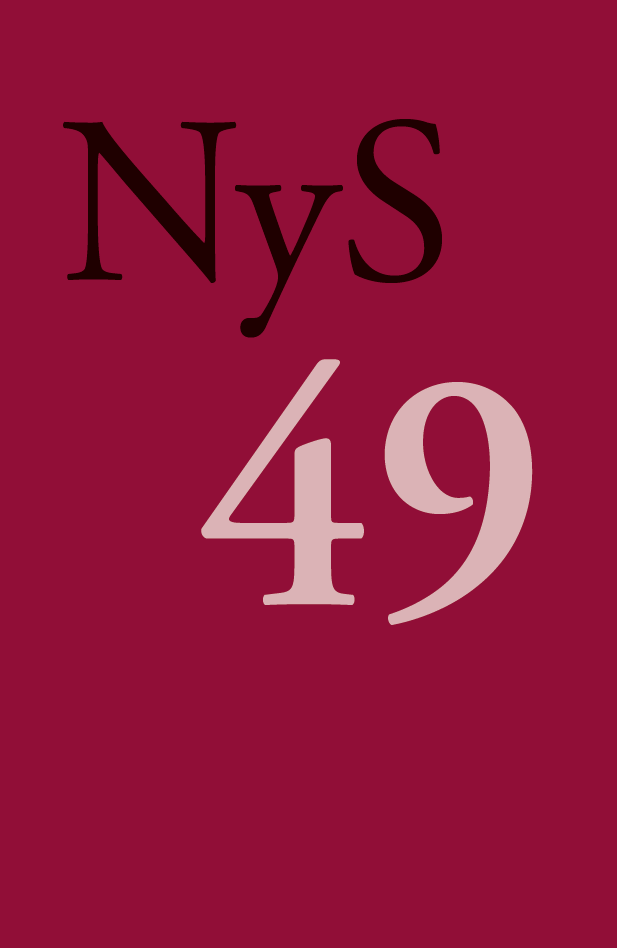Passive voice should be avoided – or should it?
DOI:
https://doi.org/10.7146/nys.v1i49.22912Abstract
Numerous language campaigns in Denmark have tried to regulate the written language use of public employees, and the focus has generally been on certain pieces of ‘good advice’, such as ‘avoid passives’. However, the effect of these recommendations on the receivers of administrative texts produced by public employees has never been assessed empirically in any satisfactory way. This article presents a method to investigate the effect (or lack thereof) of passives on readers’ comprehension of and attitudes towards letters from the public sector. In a between-subject design, two groups of 10 participants read the same letters in two versions: a version with many passives and a version without passives. The results suggest that passives have no effect on the degree of comprehension of the letters, and only a limited effect on the readers’ attitudes towards the text, with perceived ‘personalness’ as an exception. The results also show that people without higher education have a lower degree of comprehension of the letters than people who have attended higher education. The article is concluded by an assessment of the experimental design and a discussion of factors that might influence the results, such as the type of passive used, the context and subject matter of the texts. We argue that the method is valid and can be used to establish an empirical basis from which it is possible to provide advice on language use that takes the receiver’s perspective into consideration. In particular, we argue that the recommendation commonly found in language campaigns that passives should be avoided is not a particularly relevant piece of advice, or at least one that needs to be presented in a considerably more nuanced way than it usually is.Downloads
Published
How to Cite
Issue
Section
License
Forfatteren/forfatterne og NyS har ophavsret til de artikler og anmeldelser der bringes i tidsskriftet. NyS har ophavsretten til den udgivne version af tidsskriftet. Forfatteren har ophavsretten til sin egen tekst. Forfattere kan arkivere den publicerede artikel på deres institutions forskningsarkiv (Institutional Repository) eller en privat hjemmeside, når forfatteren samtidig linker til artiklen med den officielle DOI.
For artikler publiceret i NyS tillades at læsere kan downloade, kopiere, udskrive, søge eller linke til og citere fra artikler til ethvert lovligt formål. Artikler kan frit deles og linkes til på forsknings- og undervisningsnetværk (så som Blackboard, Moodle, Canvas o.a.). Link foretrækkes fordi det giver oplysning om brug af tidsskriftets artikler, og fordi det anerkender tidsskriftets redaktionelle arbejde. NyS tillader ikke at læsere bruger artikler eller dele af dem i egne artikler uden at citere, eller at læsere på anden vis anvender dem til kommercielle formål.





